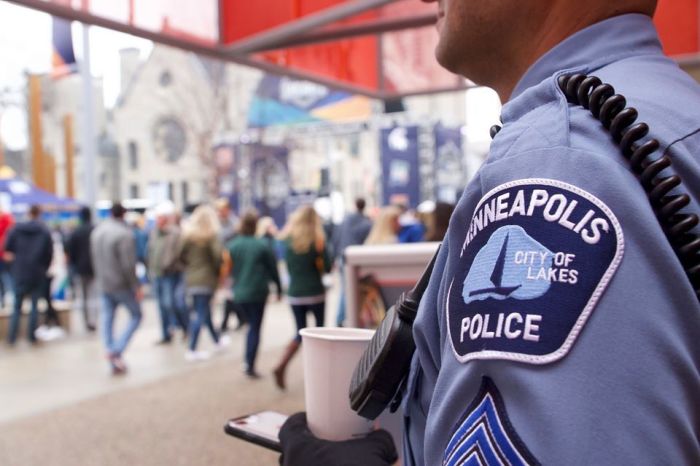Abortion, campus sexual assault, Second Amendment: 5 notable Amy Coney Barrett cases
Qualified Immunity for Police

In the case of William Rainsberger v. Charles Benner, Indianapolis Metropolitan Police Department Detective Charles Benner was sued for allegedly mishandling a murder case.
Benner attempted to seek qualified immunity, which shields government officials from lawsuits claiming they violated a person’s rights unless it can be “clearly established.”
However, Barrett authored an opinion as part of a three judge panel of the Seventh Circuit, rejecting his claim and upholding a lower court ruling against Benner.
“Benner concedes for purposes of this appeal that he knowingly or recklessly made false statements in the probable cause affidavit. He emphasizes, however, that knowingly or recklessly misleading the magistrate in a probable cause affidavit—whether by omissions or outright lies—only violates the Fourth Amendment if the omissions and lies were material to probable cause,” wrote Barrett.
“Benner’s affidavit fails to establish probable cause to believe that Rainsberger murdered his mother. Because it is clearly established that it violates the Fourth Amendment ‘to use deliberately falsified allegations to demonstrate probable cause,’ Franks v. Delaware, 438 U.S. 154, 168 (1978), Benner is not entitled to qualified immunity.”




























